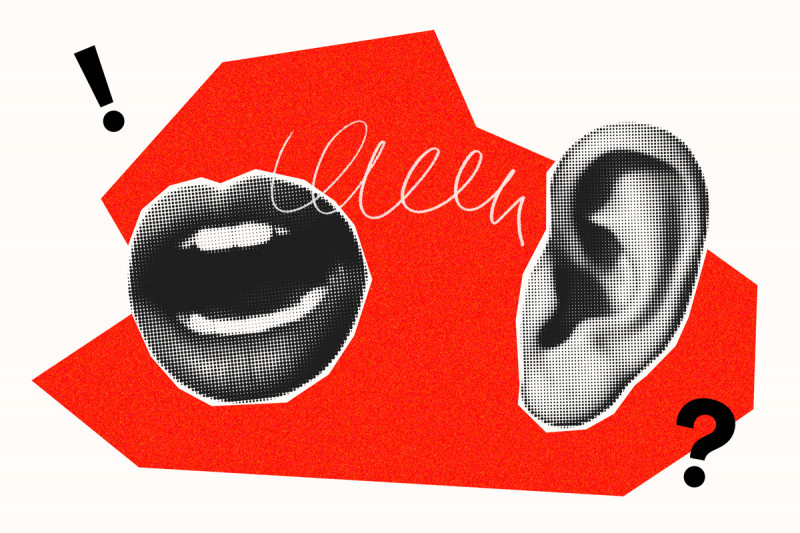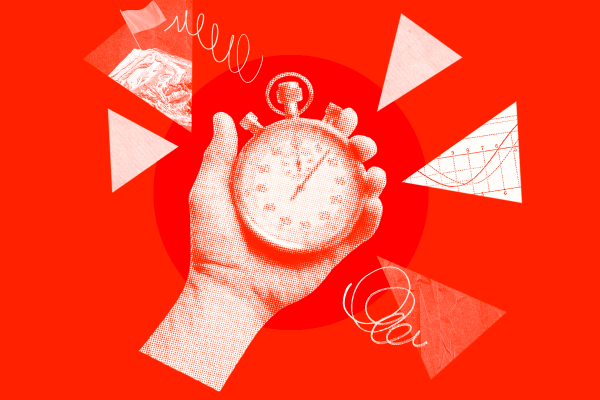
In many cases, analytics are exported, working files are archived, and team members head on to the next priority. Unfortunately, this approach can sometimes miss out on an important learning and evaluation opportunity.
As a part of our approach to more empathetic communications, Emdash prioritizes our Impact/Failure meetings as a part of our typical project processes. These 45-minute meetings held after a project is complete allow us to have an open, non-judgemental conversation about a range of questions relevant to what took place.
In the interest of sharing some of the way we do our work, here are four questions we ask at our impact/failure meetings.
1. Did we achieve our goals?
We are a small agency by design, and take pride in working with teams that are engaged in important work. It is important to us as a business, and as people wanting to ‘do good’ for our broader communities, that our clients succeed.
At the outset of projects we collaborate with clients on developing a Project Brief, a living document that clearly outlines the project’s goals, deliverables, timeline, and other important considerations. We return to this document throughout the project to check-in and ensure we’re staying on track.
On the most fundamental level, we need to set clear and measurable goals from the outset. This is not only to inform our tactics, but it also gives us the standard by which we are judging our results.
Our insights — straight to your inbox
Tips, tools, and news for changemakers.
2. Did the project align with progressive values?
As a B Corp committed to help people that work towards more equitable, resilient communities, we want to know our work is having a positive social impact. We discuss whether the project fits within the framework of ‘doing business for good,’ and our principles such as advancing meaningful reconciliation and improving health outcomes for everyone.
We evaluate whether the project successfully sets up clients to achieve their social impact targets. We also try to go one step further by considering related questions such as whether we purchased goods or services for the project from local, BIPOC or women-owned providers, and whether we considered the ownership and environmental policies of businesses used during the project.
3. What value was created?
Just like any organization, it is important to us to set and keep budget targets. This allows us to compensate our team fairly for their work and continue to contribute to progressive causes.
We look at what we initially thought the work would involve and the value associated with it, and evaluate whether we stayed within the scope we predicted for the project. Campaigns don’t always take off as planned, and despite the best intentions to stay within budget, things can go sideways. After all, the most important thing is to ensure our clients are successful, so we do what we need to in ensuring this. We use this meeting to understand why a budget was exceeded, helping guide future project pricing and/or team processes that led to this.
Even more, we consider a project to be even more successful when we have set our client up for future success. This might be by establishing templates or processes that will help them in their day-to-day work or by offering coaching and training to allow them to excel beyond the end of our engagement together.
4. What did we learn?
Everyone at Emdash strives to be T-shaped, building on our unique knowledge and experience to expand and gain new skills. This is why we allocate a professional development budget for each team member, and try to prioritize time to step away and bolster our knowledge.
We love taking on projects that push our boundaries, help us learn new skills, be it finding ways to troubleshoot Zoom and Facebook live episodes, producing a unique animation, and learning to successfully leverage the latest digital trend.
If this feels relevant to you, .
published June 10, 2020
 Insights
Insights

